Photo by: Krstina Sahlén
Starting today, 24th January 2018, two self-driving shuttle buses will share the road with pedestrians, cyclists and other vehicles in Stockholm for 6 months. As they travel at speeds of up to 24 km per hour, these little shuttles set a bold example for multimodal urban transport, which many predict will be the model in the near-future for smart cities.
“I think this pilot study can make the right difference. We have chosen buses instead of cars, which makes a clear link to public transport and can help create new ways of thinking. As we see, we are digititalizing possibilities to create sustainable and connected cities. The test thus creates a platform for further technological development. Autopiloten will pave the way for new, exciting conversations and new, exciting collaboration. And of course, put Stockholm and Kista Science City on the world map once again as the place where future technology is being developed,” says Åke Lindström, ICT Devolopment Director at Kista Science City.
This is how it works:
- The buses are in traffic in Kista Science City between Victoria Tower and Kista Galleria, with a stop on the road outside of the Time building (Kistagången 16).
- The electric minibuses operate between 7:00 and 18:00 on weekdays.
- It is free and open for anyone to take ride.
- Onboard there is always a host who can answer questions.
Autopiloten is a project resulting from collaboration between Nobina Technology, Ericsson, SJ, KTH, Klövern AB, Kista Science City, Urban ICT Arena and the City of Stockholm with funding from Vinnova via Drive Sweden.
Read more about Autopiloten.



